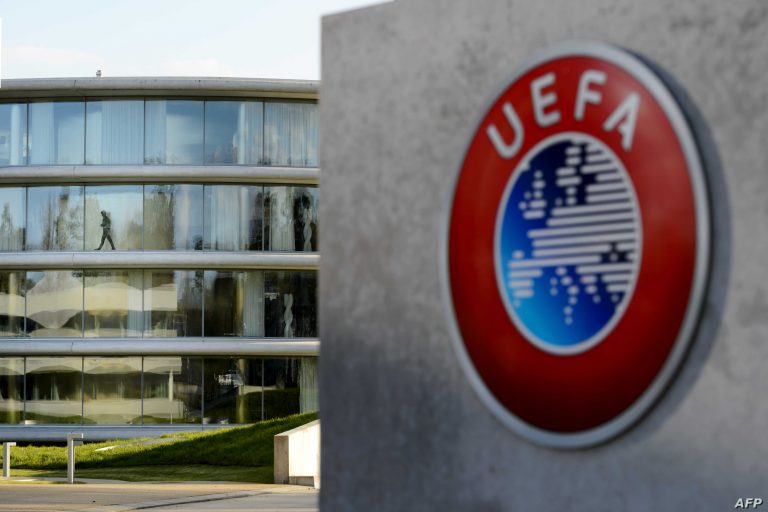Table of Contents
UEFA is all set to scrap the existing Financial Fair Play policy and introduce a newer system to allow greater freedom to clubs to spend in the transfer market.
The Union of European Football Associations (UEFA) is set to scrap the existing Financial Fair Play (FFP) regulations to inculcate greater freedom to spend for the football clubs, as per a report by Gazzetta dello Sport.
What are the UEFA financial fair play regulations?
Michael Platini and Gianni Infantino devised the financial fair play regulations for European football clubs in 2009 to prevent clubs from spending more money than they earn. The regulations were put in place to prevent clubs from following on sustainable system and fall into financial debts.
Currently, clubs’ expenditure due to transfer fees, employee wages, and monthly salaries are counted over income from gate sales, TV revenue, advertising, merchandising, sale of assets, transfer and prize money to calculate the revenue under the FFP. Money spent on infrastructure and youth development are not counted as part of club expenditure under regulations.
The regulations allow clubs to be penalised for floating the financial play regulations by a ban from European Club football competitions, transfer bans, fines, points deduction and withholding of prize money.
The financial fair play regulations were brought in the backdrop of a report which suggested that more than half of 655 registered European football clubs were in losses over the preceding year in 2009. The alarming debt situation coerced UEFA to implement a barrier to control spending more than the clubs could afford to in the long run.
Fifty per cent of clubs are losing money, and this is an increasing trend. We needed to stop this downward spiral. They have spent more than they have earned in the past and haven’t paid their debts. We don’t want to kill or hurt the clubs; on the contrary, we want to help them in the market. The teams who play in our tournaments have unanimously agreed to our principles…living within your means is the basis of accounting, but it hasn’t been the basis of football for years now. The owners are asking for rules because they can’t implement them themselves – many of them have had it with shovelling money into clubs and the more money you put into clubs, the harder it is to sell at a profit.
said Michael Platini after the regulations were implemented.
Criticism of the FFP
One of the primary problems which was the result of the FFP was the creation of the strata of a set of “big” clubs. Clubs such as Manchester United, FC Barcelona, Real Madrid, Bayern Munich, Liverpool and Arsenal could always spend way more than other clubs just because of their average revenue generation irrespective of merit. Clubs are also by-passing existing FFP regulations to get sponsorship deals which indirectly add to the club revenue and are not counted as well. The presence of differential tax rates across several European countries also affect the income and expenditure of clubs. English clubs in the top tier are often made to make parachute payments to a central pool to fund the smaller clubs in lower leagues. This is also not part of the FFP, thus being a bit disadvantageous for the Premier League clubs.
The way forward
Interestingly, the report on changes in the FFP comes weeks after the UEFA announced changes in the existing UEFA Champions League structure. The European football body is looking to expand the capability to generate revenue to greater dividends. A possible new system will introduce the concept of a salary cap to be paid to wages to have a barrier to what the richer clubs could spend in a single season. However, there is a lack of clarity on the new system in place. As per the report published in Italy, the new system will allow clubs to spend what is necessary without breaking the bank rather than spending the amount they can earn. Changes in FFP could have a long-lasting impact on European Club Football.


